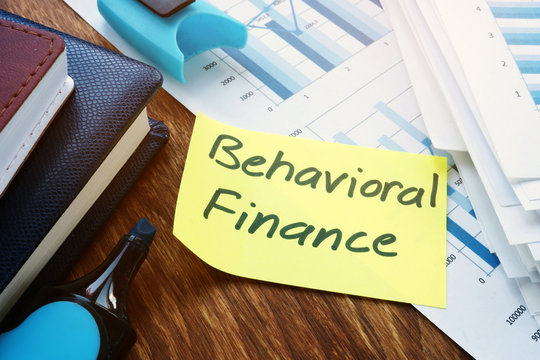Behavioral finance plays a pivotal role in decision-making by illuminating how psychological biases and emotional factors influence financial behaviour. In 2024, research continues to demonstrate its significance in understanding market dynamics and improving individual investment strategies.
First, we will deal with cognitive and emotional biases. Behavioral finance identifies biases such as overconfidence, herding, and loss aversion that skew decision-making. Overconfidence often leads investors to overestimate their expertise, resulting in excessive trading and increased costs, which can lower portfolio performance. Herding, the tendency to follow the majority, can exacerbate market inefficiencies, leading to bubbles or crashes. Loss aversion, where the fear of losses outweighs the joy of gains, often causes suboptimal risk-taking behaviours (e.g., selling winners too early or holding onto losers for too long).
Second is market a anomalies and investor sentiment. Behavioral finance explains phenomena such as the momentum effect and value effect, where market trends deviate from rational expectations due to investor psychology. For instance, heightened volatility often triggers risk aversion, amplifying market inefficiencies like under-pricing or overpricing of assets. Similarly, investor sentiment—shaped by external factors like economic confidence—can influence market trends, with high confidence leading to bullish tendencies and low confidence resulting in bearish anomalies.
Third is practical applications. To counter biases, investors can employ strategies like contrarian investing (exploiting overreactions in asset pricing) and behavioural portfolio management, which incorporates diversification and regular rebalancing. Goal-based investing, where decisions align with long-term objectives, also mitigates emotional influences. Regulatory measures focus on protecting investors by promoting transparency and requiring suitability assessments for financial product.
Lastly, technology and innovation. Emerging tools in behavioural finance include data-driven approaches to identify patterns of irrational behaviour and predictive modelling to anticipate investor reactions. These advancements are shaping personalized financial advising and automated strategies aimed at improving decision-making.
By addressing human biases, behavioural finance not only helps individuals make more rational investment choices but also contributes to stabilizing broader financial markets. Its continued integration into technology and policy underscores its essential role in modern finance.
















